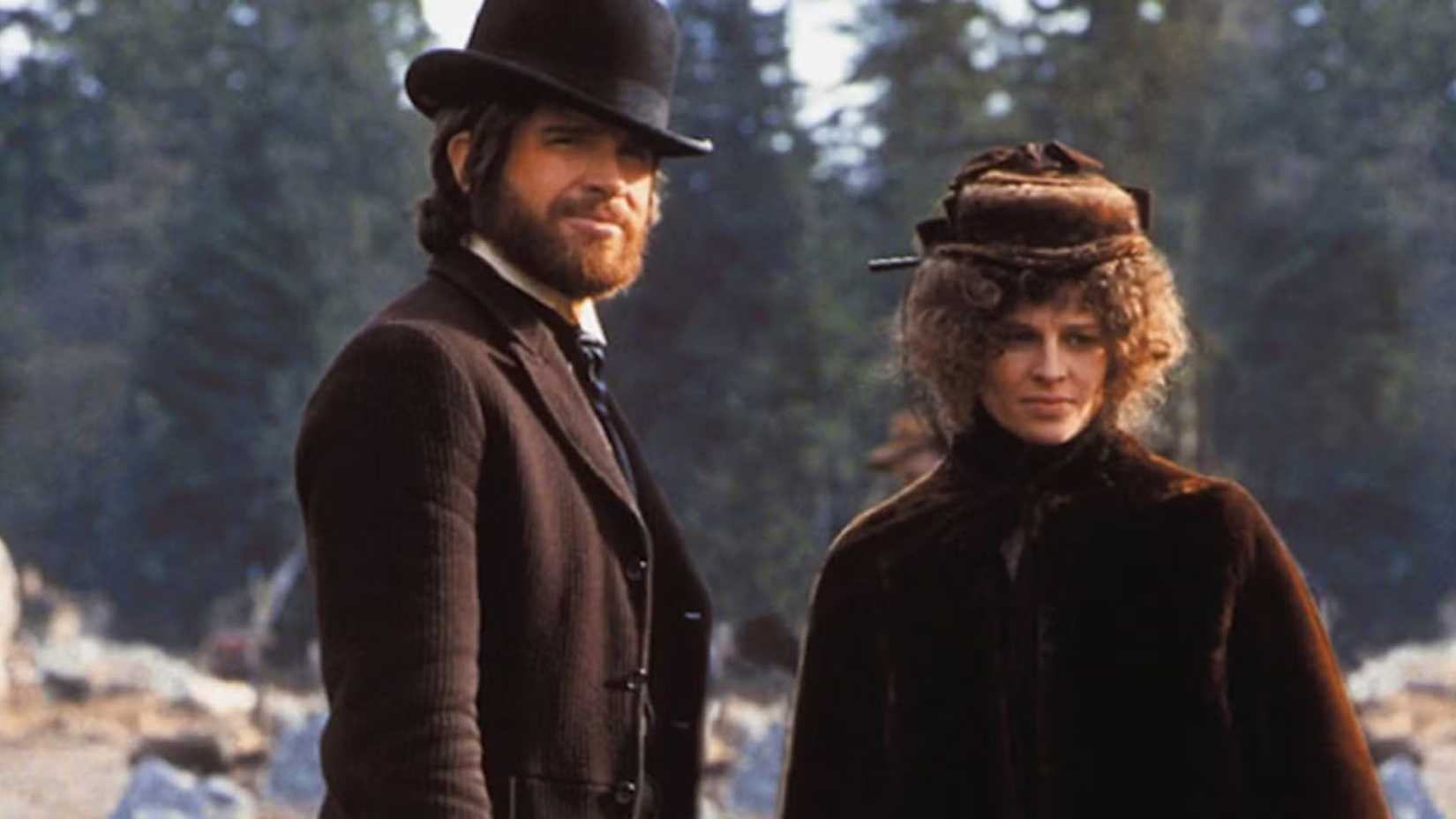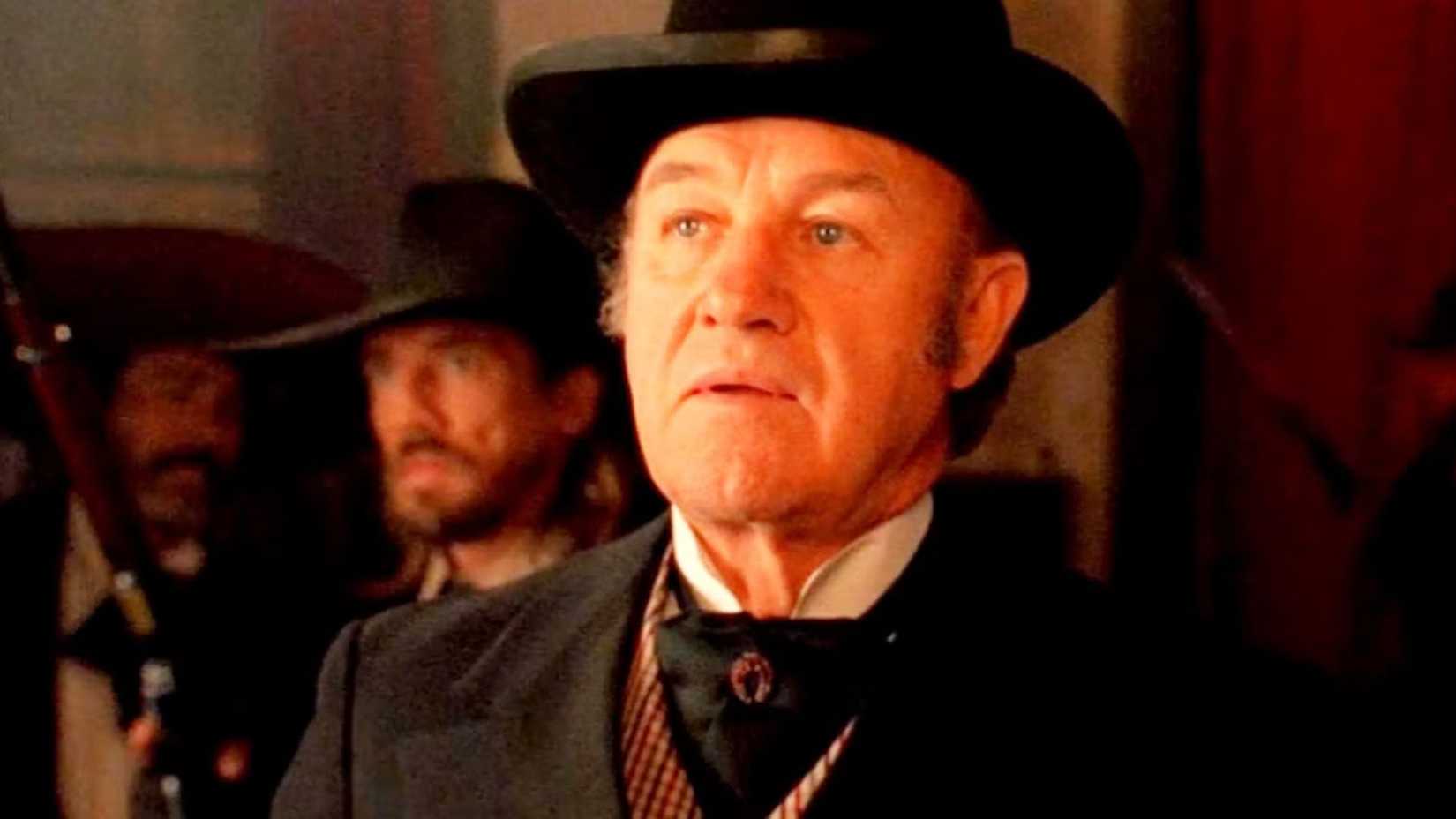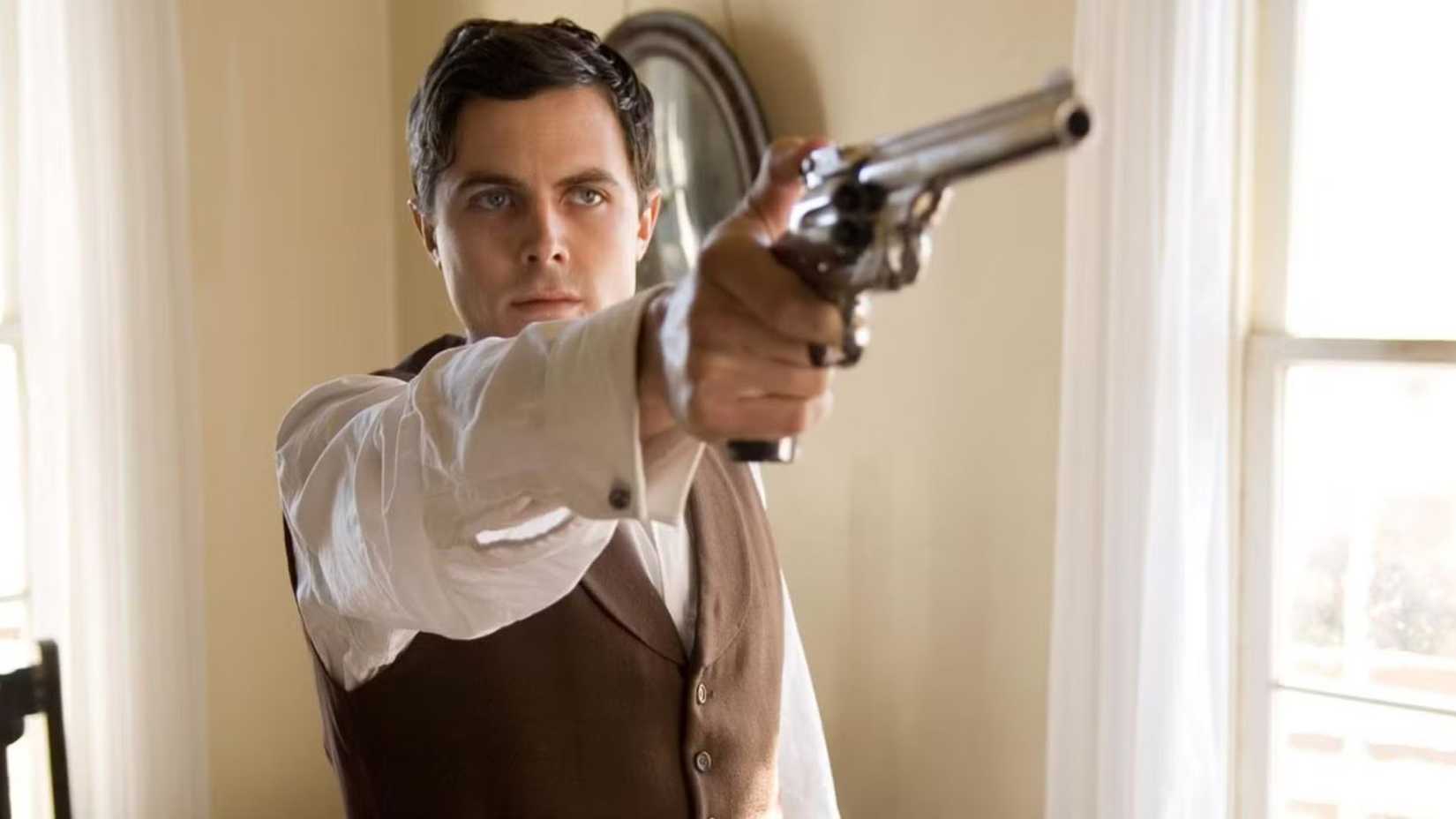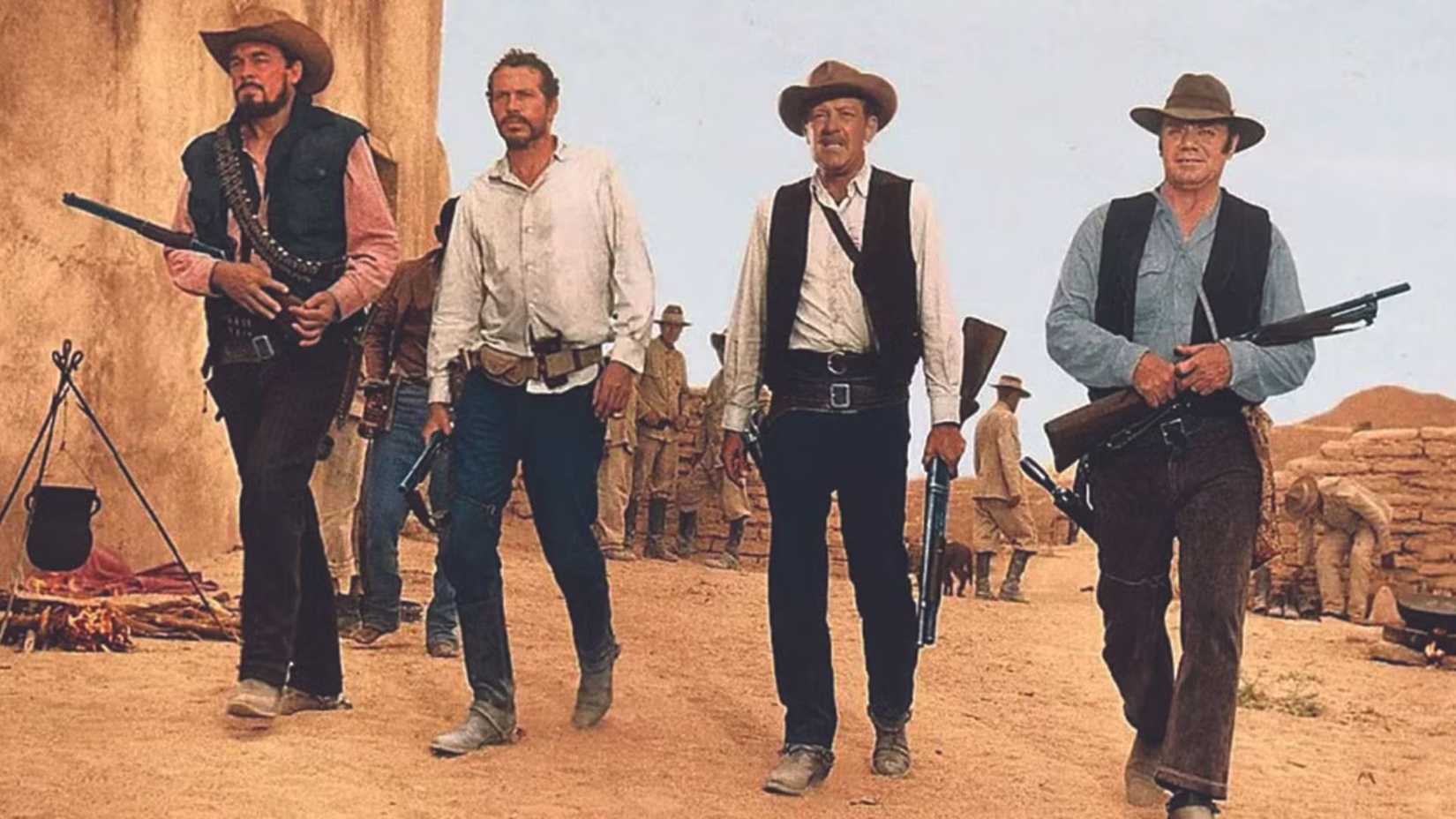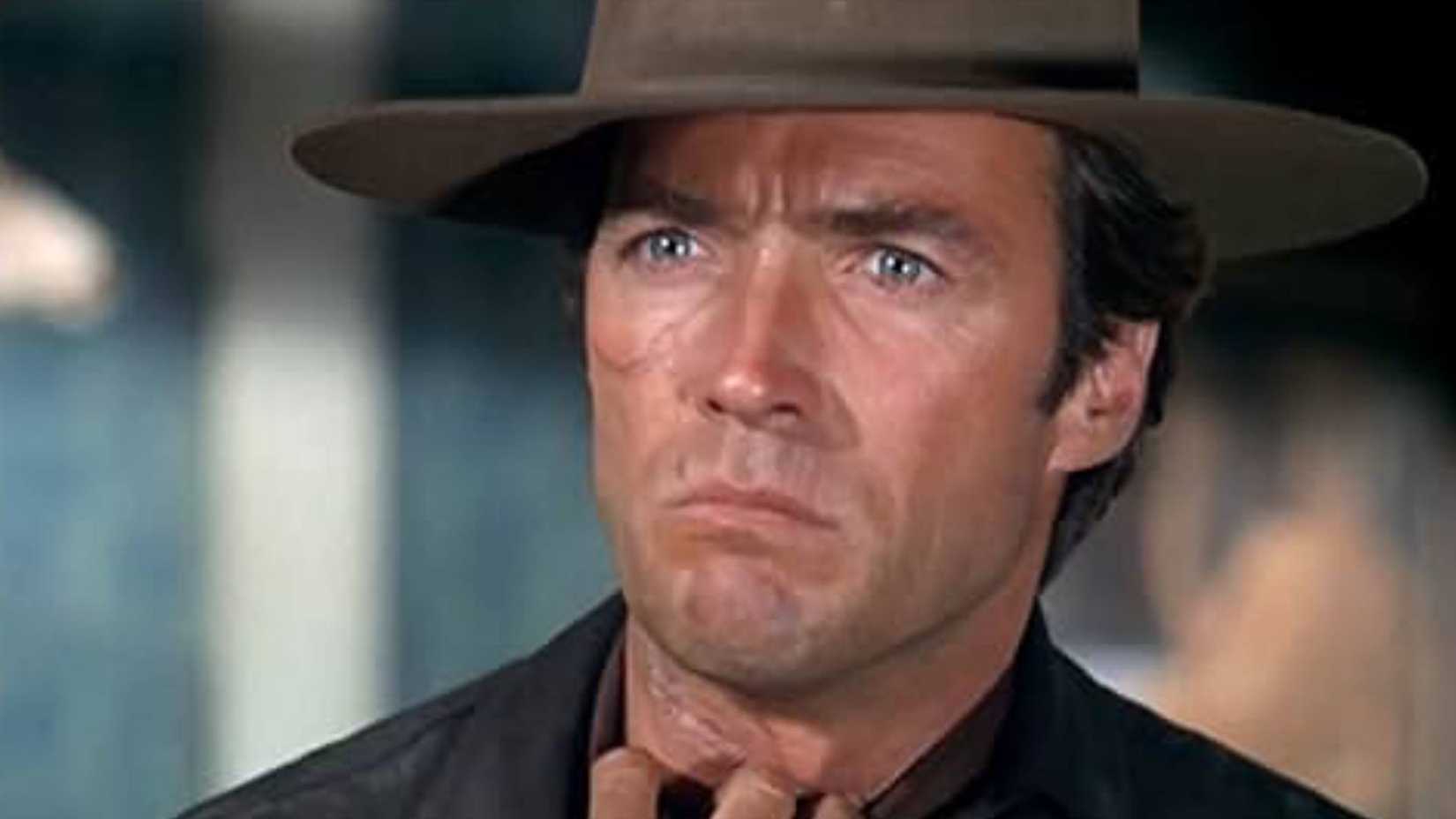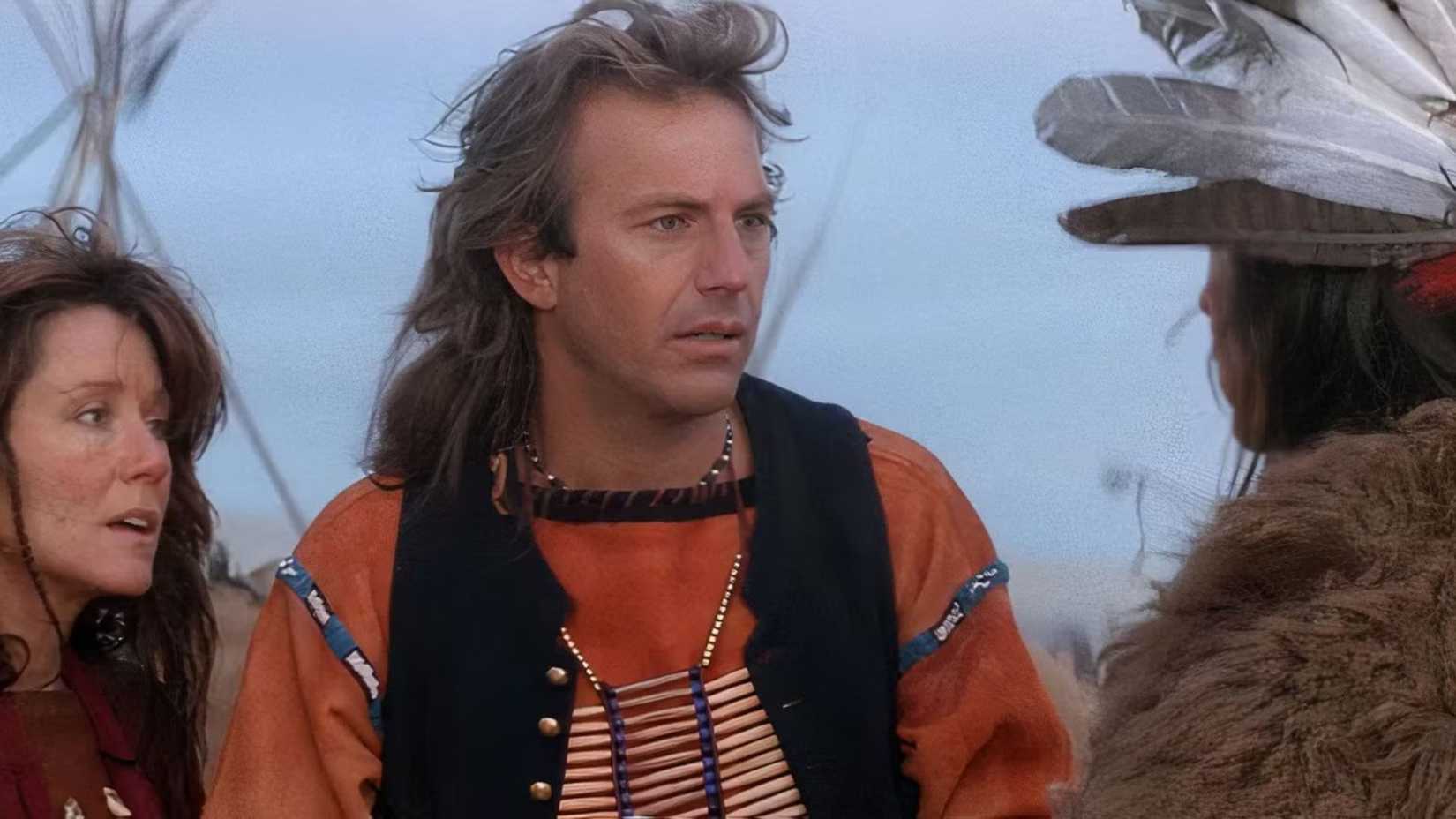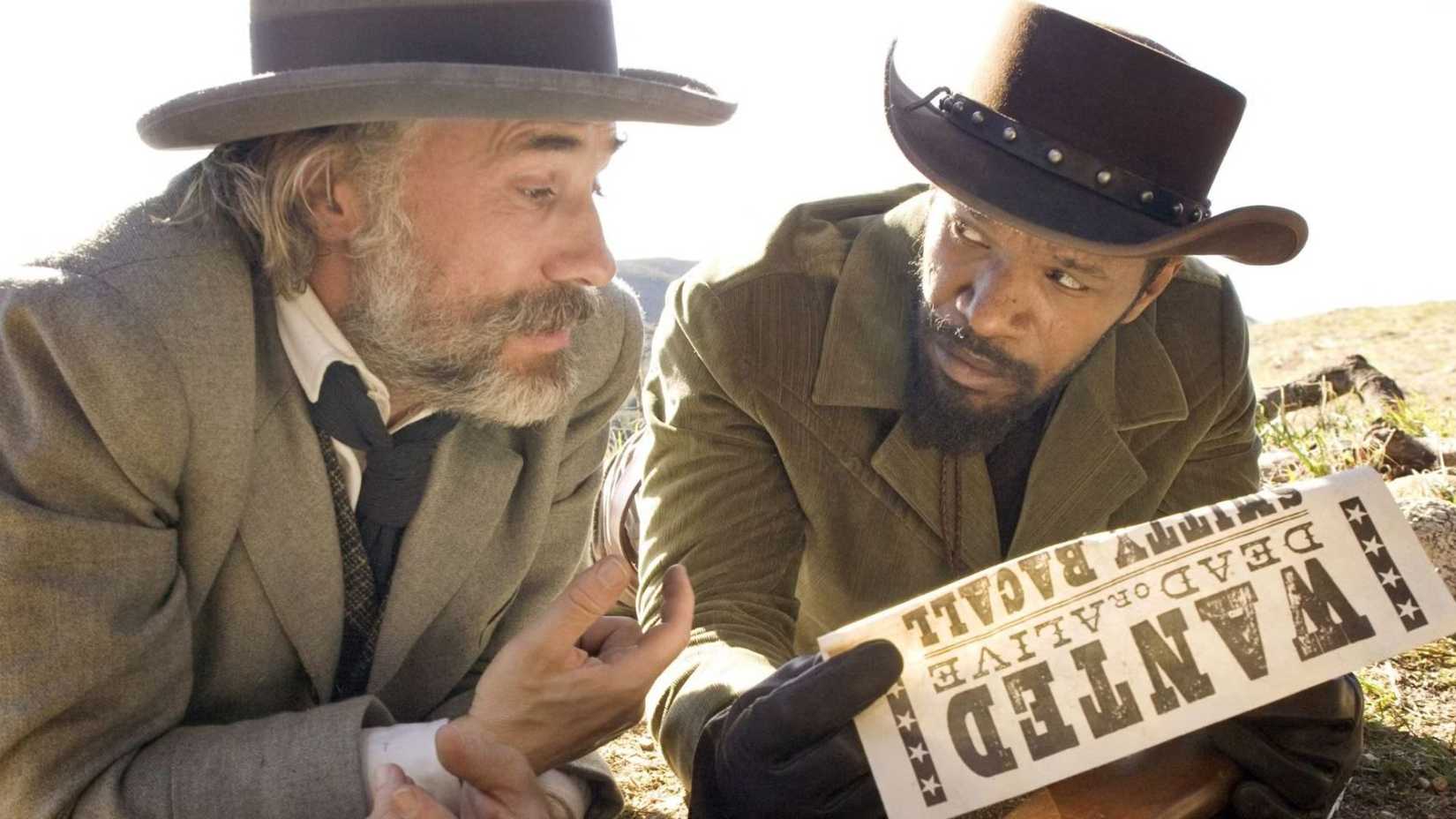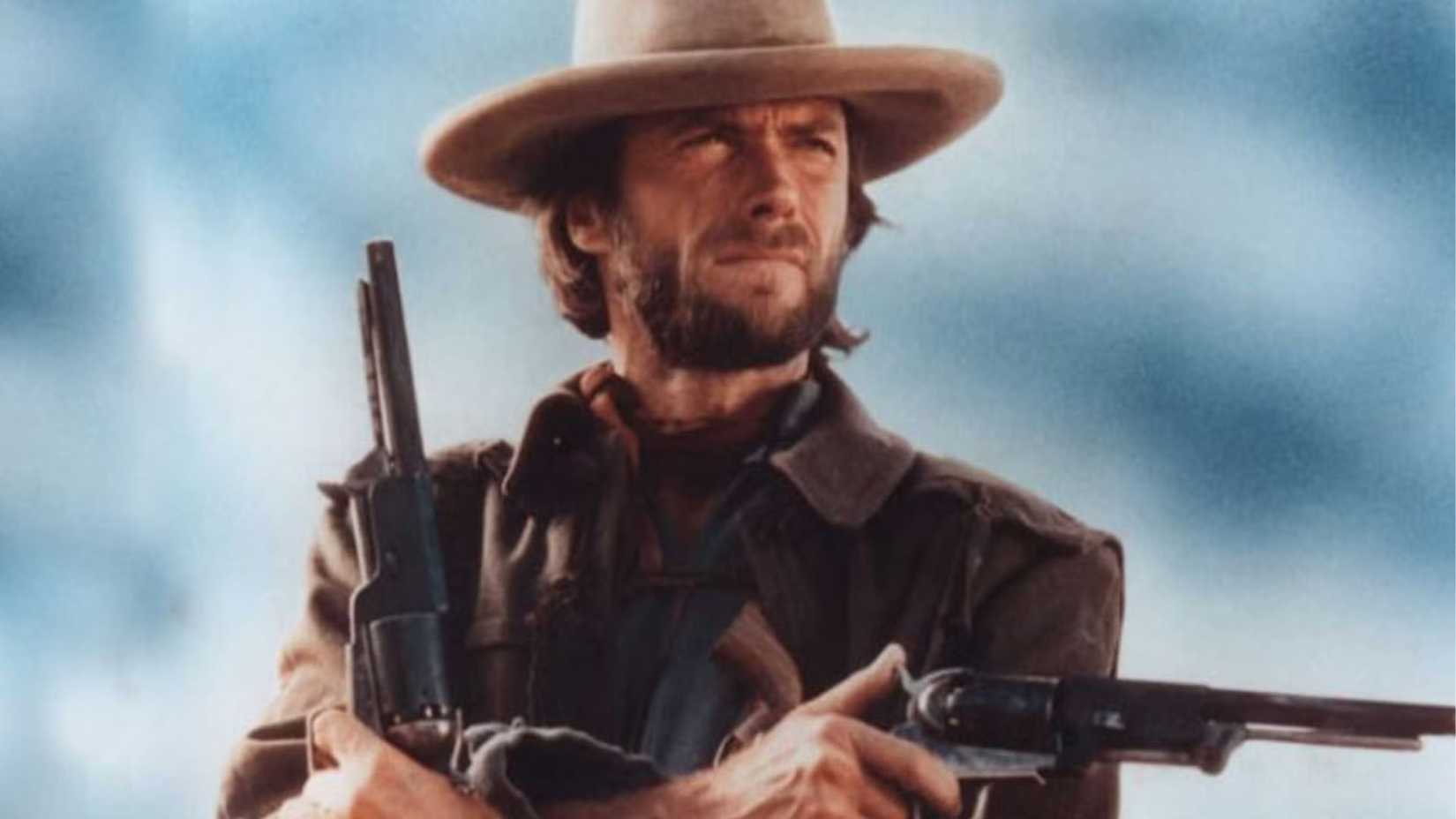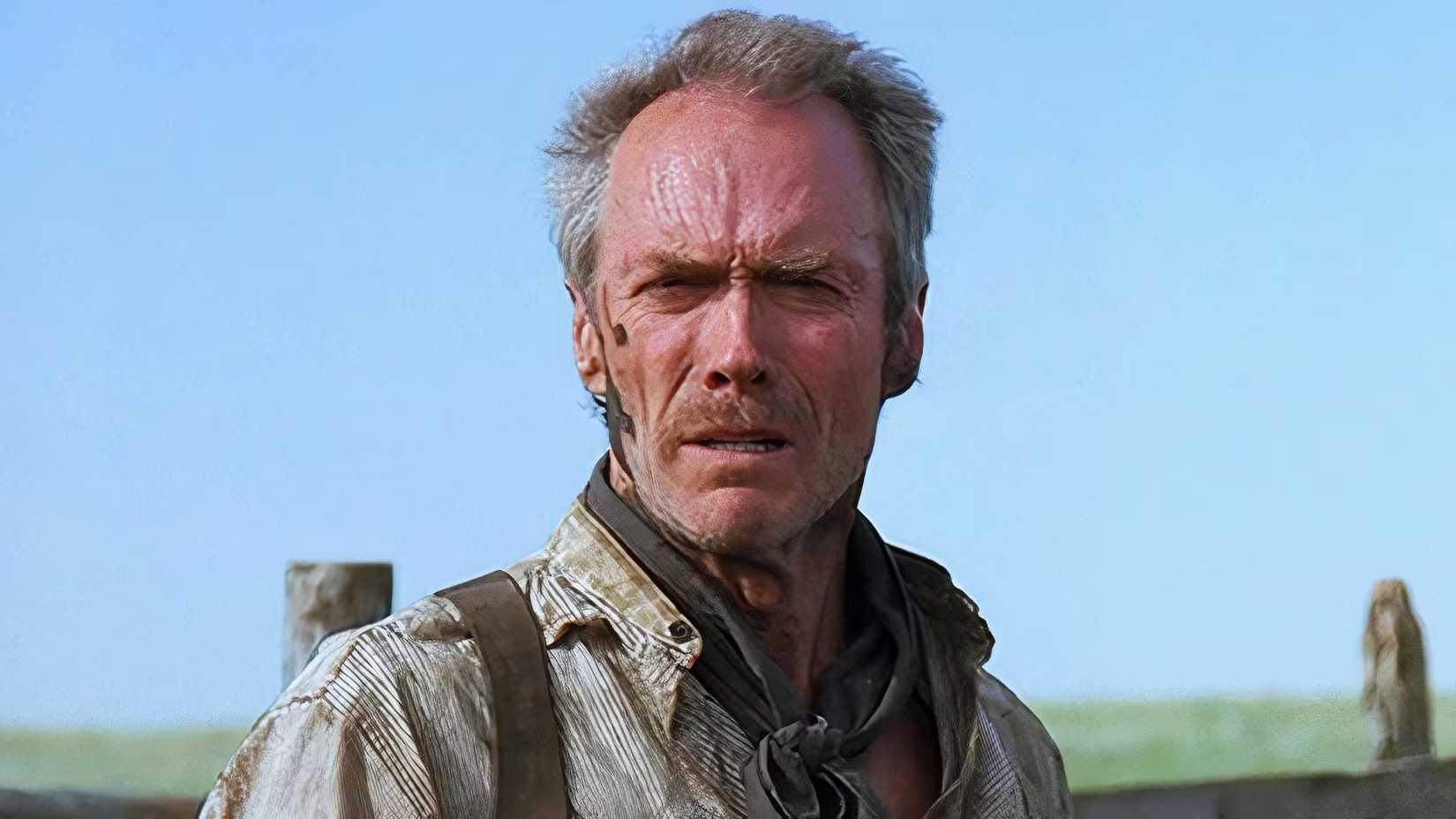The best revisionist Westerns subvert or challenge the traditional mythology of classic Westerns. While the best classical Westerns were stories of good guys fighting bad guys, often depicting Native Americans as lesser, revisionist Westerns take a more nuanced look at moral ambiguity.
These Western heroes are not always good men, as revisionist Western heroes were often outlaws or murderers who would never have led a classic Western. These Westerns gained popularity in the 1970s, after the Hays Code was relaxed, introducing a new Western genre.
Uzana’s Raid (1972)
While not the most popular revisionist Western, Ulzana’s Raid deserves more attention as a great example of how the genre changed Westerns as a whole. Burt Lancaster plays a grizzled Army scout who guides a young cavalry officer and an Apache scout to catch Ulzana, an Apache warrior.
This revisionist Western was made during the Vietnam War, and it is clear that the Robert Aldrich film is about warfare, specifically the error of believing a person can fight honorably in the face of intense odds. It’s also clearly an allegory of fighting an indigenous people in their homelands.
Classical Westerns were about settlers fighting to defend their land from Native Americans, without bothering to reveal that they had stolen the land to begin with. The revisionist Westerns didn’t pretend these people were innocent and showed the moral complexity of these wars.
McCabe & Mrs. Miller (1971)
McCabe & Mrs. Miller stars Warren Beatty as Jack McCabe, a gambler who arrives in a small mining town and meets a madam named Mrs. Miller, played by Julie Christie. They are perfect depictions of revisionist Western characters. He is a gambler, and she is an opium-addicted madam.
The movie not only has a strong cast but also one of the best directors of all time behind the camera, Robert Altman. He takes the idea of Western conventions and dismantles almost every single one of them. The hero is not a gunfighter, and the town is ruled by capitalism.
What resulted was almost an anti-Western that stands up well as a powerful Western anyway. However, this is a hard movie, with a sad, emotionally devastating ending, another way Altman subverted the genre. There are no heroes in this Western town, with only death and despair in the end.
The Quick And The Dead (1995)
Sam Raimi brought his quirky sensibilities to the Western genre in one of his most underrated films. Known primarily for his horror and splatstick movies, Raimi proved to be a great director for this material, bringing his comic-book sensibilities to a spaghetti Western setting.
Raimi cast Sharon Stone as the lead in a genre typically male-centric. She also isn’t made into a character with male traits. Ellen is allowed to remain a female while remaining the fastest gunfighter in the movie, challenging the gender assumptions of classical Westerns.
This remains an interesting addition to the revisionist Western lineup because it is a weird film, but one that shows great love for the genre. This was Raimi’s bold attempt to reinvent the genre in his own style, and while it was a box-office failure, it is a beloved cult classic.
The Assassination of Jesse James by the Coward Robert Ford (2007)
If there is any movie that fits the definition of a revisionist Western perfectly, it is The Assassination of Jesse James by the Coward Robert Ford. The film, directed by Andrew Dominik, is a meditative story starring Brad Pitt as Jesse James and Casey Affleck as Robert Ford.
While this is technically a Western, it is primarily an art film, slow and more interested in the psychological aspects of the Jesse James mythology than in action or drama. There are long scenes of characters simply observing nature, which requires a lot of viewer patience.
Classical Westerns were all about actions and gunfights, and this does not bother with those aspects at all. Instead, this is about a mythical outlaw and the men he surrounds himself with. This is a melancholy film that deconstructs the Old West outlaws as only the best revisionist Westerns could.
The Wild Bunch (1969)
Released in 1969, Sam Peckinpah created an epic revisionist Western that is the opposite of a movie like The Assassination of Jesse James by the Coward Robert Ford, yet still fulfills the same purpose. This movie shows the classic Western fights in a stylized manner.
Unlike classic Westerns, which portrayed gunfights as simple, brutal events, The Wild Bunch uses squibs, slow motion, rapid cuts, and multi-camera shots to depict the brutality. This makes the violence horrifying, rather than glorifying the cowboys, and shows the killing is messy and violent.
This movie also shows that gunfights in Westerns are not about good guys and bad guys shooting each other. In the opening scene alone, there are countless deaths, including innocent civilians being gunned down, and it shows that gunfighters are not heroic. They are simply killers.
Hang ‘Em High (1968)
Hang ‘Em High opens with one of the most shocking moments in a Western. It shows from the beginning that Clint Eastwood was not telling a traditional Western hero story of revenge. Eastwood is Jed Cooper, a retired lawman who is lynched by men who accuse him of rustling.
A marshal saves him, and a local judge asks him not to seek vengeance. Instead, the judge deputizes Jed and tasks him with bringing in the lynchers to face justice and eventual hangings by the court system. Jed only kills when pushed and tries to do the right thing.
What really makes this revisionist Western stand out is the moments with Jed and the judge. The two men debate the hanging of criminals and what justice really looks like. Even after the men lynched him, Jed sees justice in shades of grey and debates the need for revenge.
Dances With Wolves (1990)
Kevin Costner made his name as a modern-day Western star with his role in the revisionist Western Dances with Wolves. In classical Westerns, Native American tribes were almost always depicted as “savage” and villainous, even though that was not based on facts.
In Dances with Wolves, Costner plays a Union lieutenant in the American Civil War who builds a respect and friendship with the Lakota Sioux tribe. Unlike most Westerns from the past, this movie is told from the Indigenous perspective, and the Indigenous people are the dignified heroes here.
As the director, Costner also demanded that the Lakota dialogue be used with subtitles, which allowed the tribe’s authenticity to shine through. Out of all the revisionist Westerns, this was Hollywood’s biggest attempt to show the nuanced truth of the Native Americans’ place in the Old West.
Django Unchained (2012)
Don’t expect Quentin Tarantino to make a traditional movie in any genre. He made a revisionist history war movie with Inglourious Basterds and neo-noir movies with Reservoir Dogs and Pulp Fiction. He has also made two revisionist Westerns with Django Unchained and The Hateful Eight.
Of those, Django Unchained is the masterpiece. Christoph Waltz plays King Schultz, a bounty hunter who teams with the recently freed Django (Jamie Foxx). They work together to bring in King’s targets and, in exchange, will find Django’s wife, who remains enslaved.
It is clear that Tarantino has a great love of spaghetti Westerns, as he does what he does best, combining that genre with others, including blaxploitation, revenge dramas, and dark comedy. What resulted was a film that was darkly comedic, excessively violent, yet brilliantly executed.
The Outlaw Josey Wales (1976)
The Outlaw Josey Wales is another Clint Eastwood movie, and as with his best revisionist Westerns, he played the role of an outlaw, as the title suggests, and he has no time for the romanticism of the Old West from classic Westerns. Instead, he is tired of life on the frontier.
Josey Wales was a former Confederate soldier who watched Union soldiers massacre all his fellow soldiers after they surrendered. He is now bitter and on the run, doing anything he can to survive. He is a feared gunfighter and seeks revenge for his family’s death.
There was one moment in the film where Josey Wales proved why he was a revisionist Western character, and in no way a hero. When a bounty hunter finds him, Josey asks why. The bounty hunter admits he does it to make a living, and Wales says dying isn’t a good way to live.
Unforgiven (1992)
The best revisionist Western ever made was another Clint Eastwood movie. Eastwood directed and starred in Unforgiven, a film in which he played Will Munny, a former outlaw seeking to live a quiet life after his wife’s death. Thanks to several events, it wasn’t meant to be.
There was a young outlaw with romantic visions of the Old West who wanted Will to teach him. However, Will knew the idealized Old West was a lie and wanted nothing to do with it. There was also the town sheriff, who had no time for outlaws and was vilified for it.
In classic Westerns, a sheriff who guns down an outlaw is a hero. In a revisionist Western, that is not always true. Gene Hackman was the sheriff, Little Bill, who gunned down an outlaw, instantly making him the villain here. Clint Eastwood directed the revisionist Western meant to end the genre.
This story originally appeared on Screenrant


